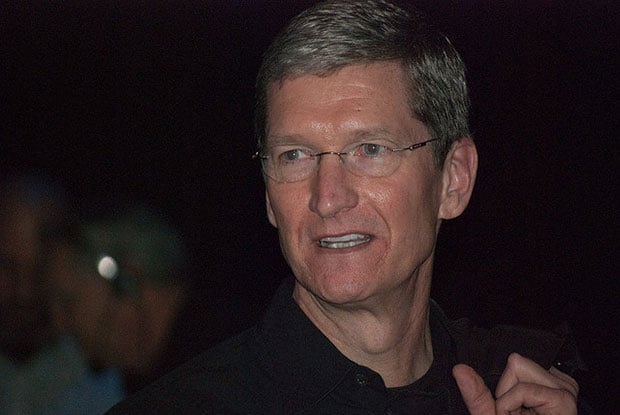Apple Says UK Surveillance Bill Would Use Backdoors To 'Hurt Law-Abiding Citizens'
When it comes to device encryption that is supposed to protect user data, it appears that tech companies just can’t catch a break. Not only do companies like Apple and Google have to contend with domestic law enforcement agencies and the political machine, but they are now facing pressure from foreign governments to provide backdoor access to personal information stored on smartphones.
In early November, the UK revealed details on the proposed Investigatory Powers Bill, which would give law enforcement agencies the authority to spy on smartphones and computers in an effort to combat terrorism.
“The Government is clear we need to find a way to work with industry as technology develops to ensure that, with clear oversight and a robust legal framework, the police and intelligence agencies can access the content of communications of terrorists and criminals in order to resolve police investigations and prevent criminal acts,” said a Home Office spokesman at the time.
Apple CEO Tim Cook expressed his displeasure with the bill immediately, stating, “Any backdoor is a backdoor for everyone” and that "To protect people who use any products, you have to encrypt.”

Now, Apple is taking a more formal stance against the Investigatory Powers Bill, calling for changes to be made before it is passed into law. Apple maintains that it has built a reputation for protecting user privacy and and being a consumer-centric company. Pilfering its security defenses, which are meant to protect its customers, in the name of further government oversight would undo the trust it feels it has rightfully earned.
“We believe it would be wrong to weaken security for hundreds of millions of law-abiding customers so that it will also be weaker for the very few who pose a threat,” said Apple in its complaint.
Apple went on to reiterate that backdoors are a surefire way to ensure that encryption keys would fall into the wrong hands. “A key left under the doormat would not just be there for the good guys,” Apple continued. “The bad guys would find it too.”
The company also expressed concern that in some instances, it would be forced to “hack” its own devices in order to company with government orders to obtain data. Apple also contends that the legislation would inevitably put it in the position of being in a Catch-22 situation in complying with both UK and U.S. legislation (being that it is a U.S.-based company).
“Those businesses affected will have to cope with a set of overlapping foreign and domestic laws,” Apple added. “When these laws inevitably conflict, the businesses will be left having to arbitrate between them, knowing that in doing so they might risk sanctions. That is an unreasonable position to be placed in.”
Tim Cook once again spoke about the need for encryption during a weekend interview with CBS’ 60 Minutes. However, he received almost immediate pushback from Arkansas Senator Tom Cotton, who accused Cook of designing Apple’s hardware to obfuscate the law. Cotton also added, “If we apply a different legal standard to companies like Apple, Google, and Facebook, we can expect them to become the preferred messaging services of child pornographers, drug traffickers, and terrorists alike--which neither these companies nor law enforcement want.”

